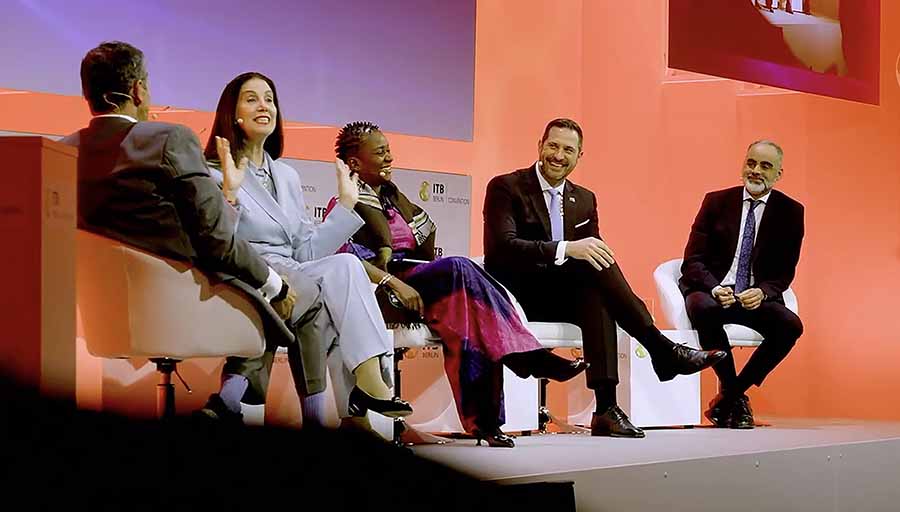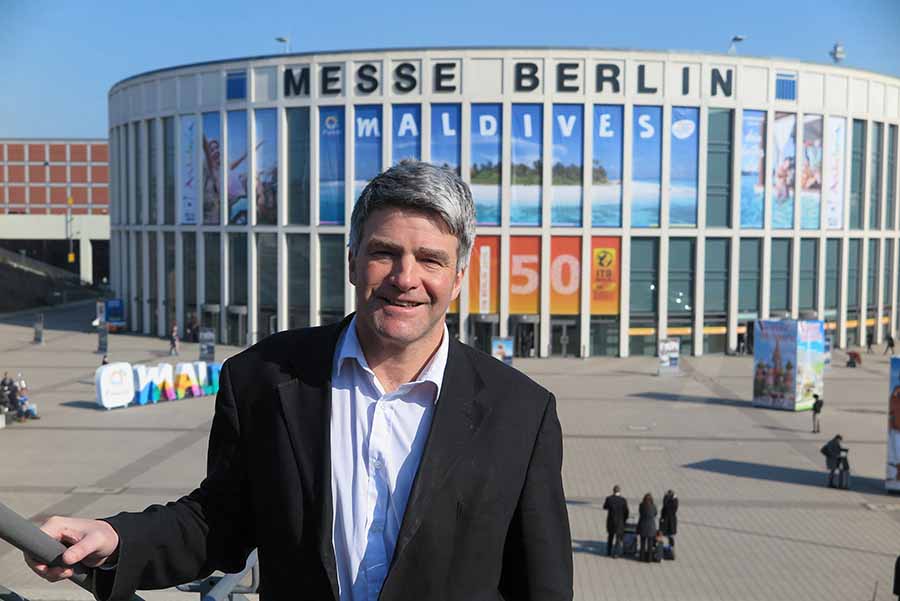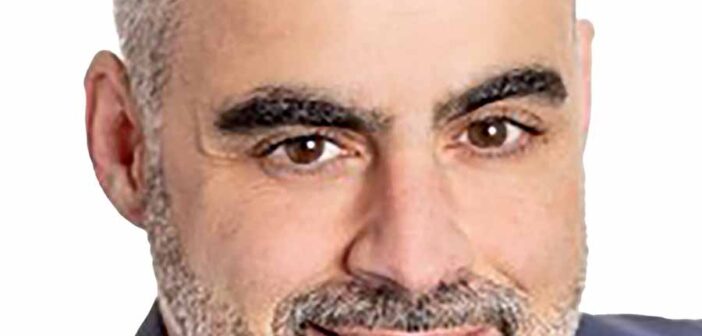
Eduardo Santander of the European Travel Commission outlined what he called the cracks in the tourism message during the ITB Convention in Berlin
Tourism faces issues of seasonality affecting 96pc of European destinations and the concentrated movement of tourists
There is a growing concern about the changing perceptions of local populations towards tourists in cities such as Barcelona
Despite current global events, it is anticipated that the number of arrivals from the United States will not decline significantly
The volatility of the tourism industry has been underscored by experiences from the COVID pandemic, revealing common misconceptions about its stability.
Also on the panel was Nabeela F. Tunis, Minister of Tourism and Cultural Affairs Sierra Leone, Mirela Kumbaro Furxhi, Albania Minister of Tourism and Environment and Tonci Glvavina, Minister Of Tourism and Sports in Croatia.
Eduardo Santander shared: Tourism is good for many things; it’s good for the economy, but we are starting to see some cracks. The crack is the perception that people have about this industry—the industry that everybody loves, the philosophical industry of happiness, the industry of peace. No, no, no. I live it, but the reality of it is that we have some cracks that we have to heal. These include seasonality; at least 96pc of European destinations experience this issue. There’s also a problem with the dispersion of tourists; people go to the same places, normally at the same time. We have a problem with the perception of local populations starting to happen in some places, anecdotally, maybe in Barcelona here and yet, but this is a sign or a symptom of a sickness.
I don’t think everything that’s going on right now will negatively affect the number of arrivals from the United States. Americans, in general, on average, don’t really care or follow foreign policy. The only thing that’s going to influence them to travel or not is the economy, jobs, and disposable income. So, if all that is taken care of, and there is no sign as of right now that something will happen drastically wrong in the next, at least, six months to a year, then we should be okay with that.
I think there’s a major misconception about tourism in general. From a microeconomic standpoint, it’s not such a stable industry. It depends, it’s volatile, and it’s affected by changes, something that COVID has proven.





